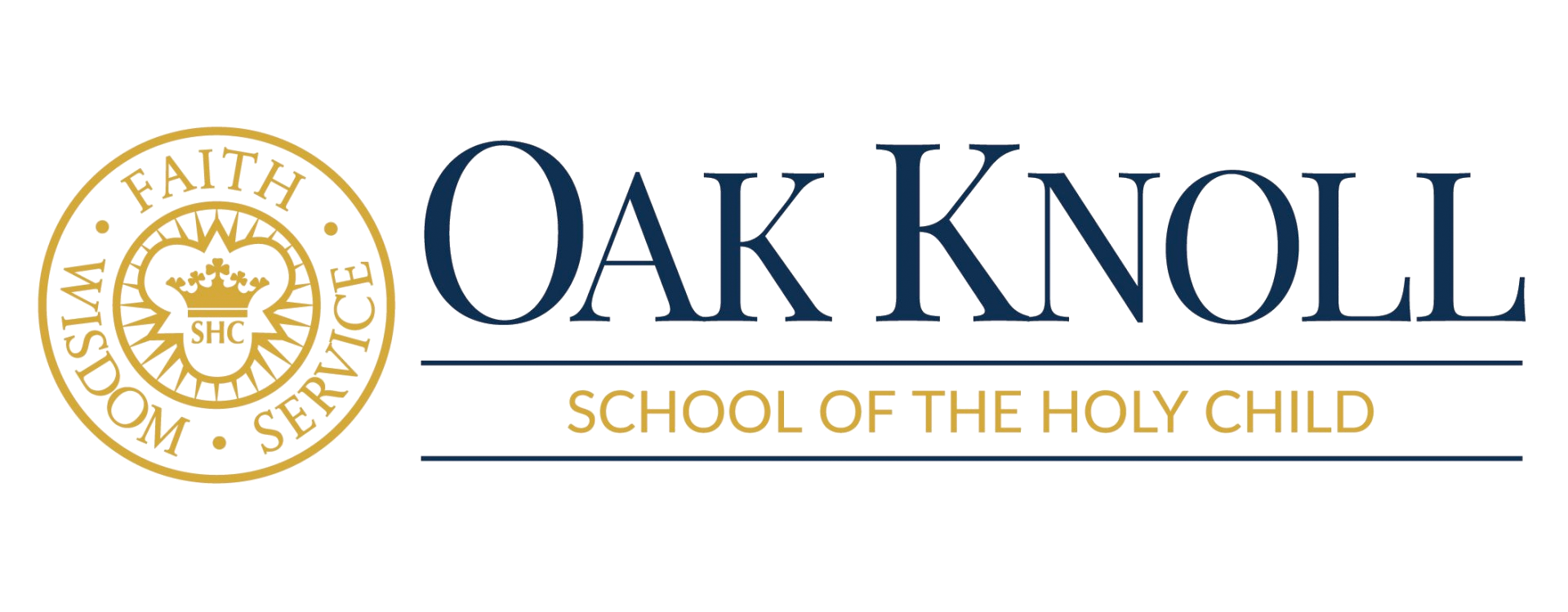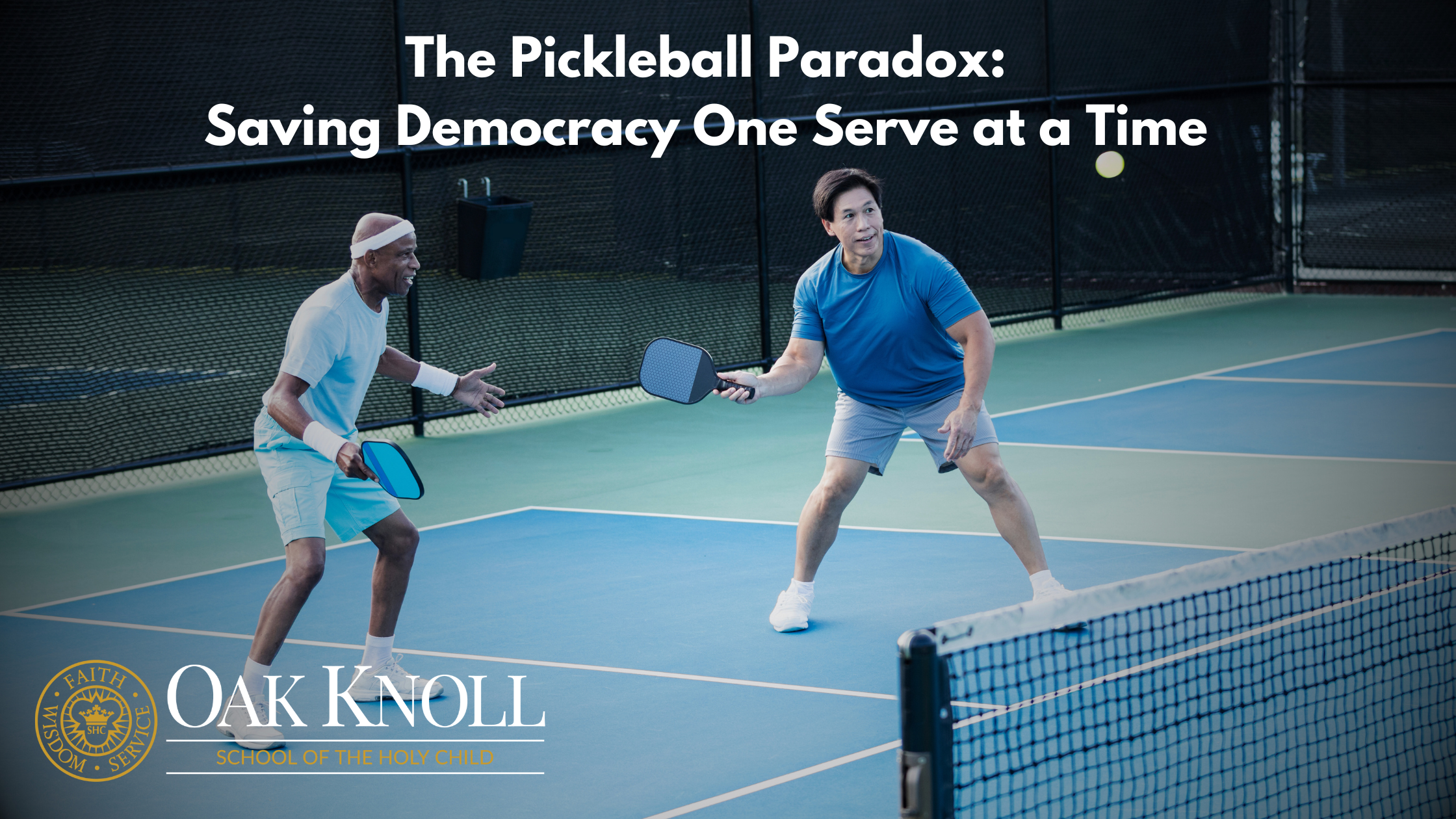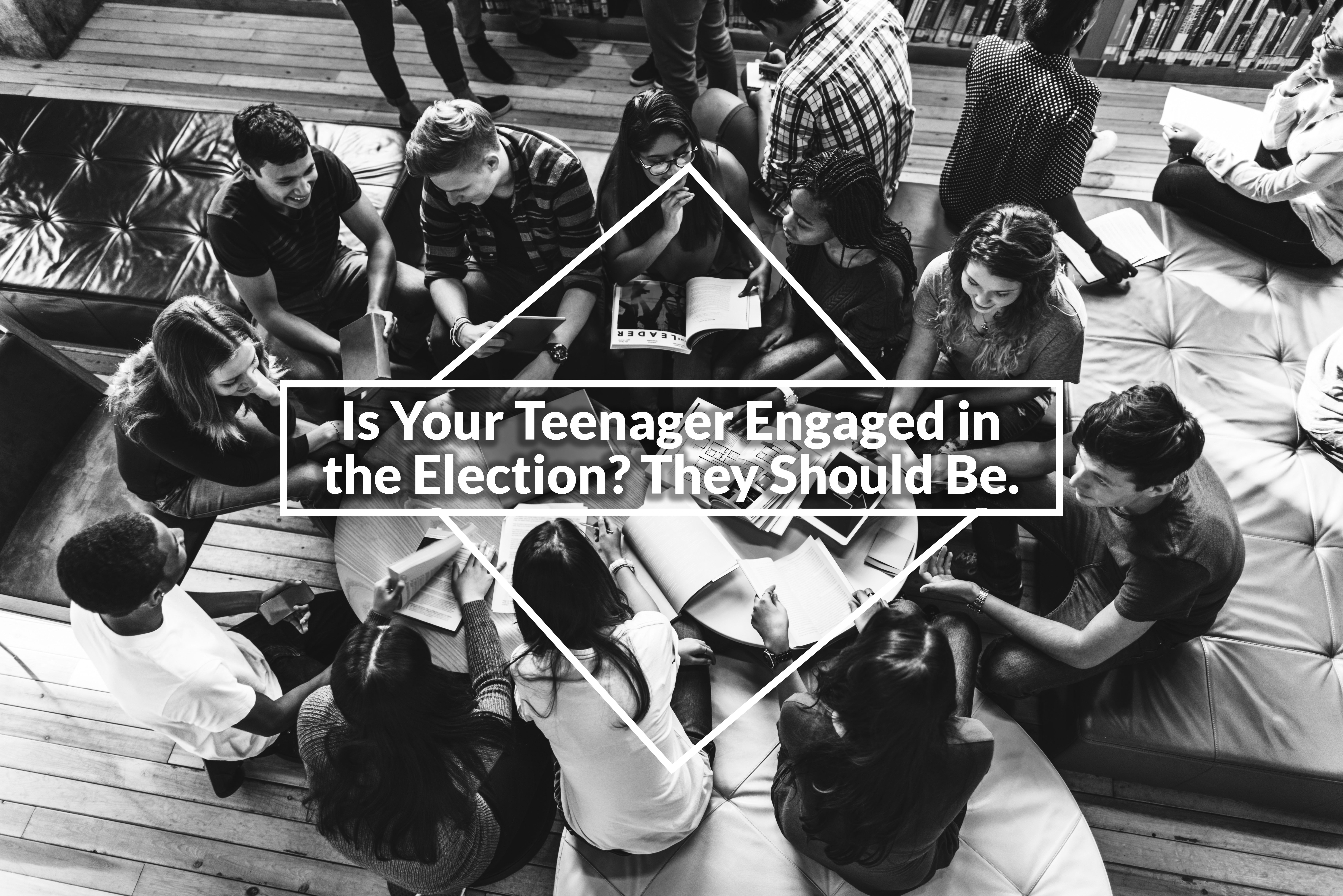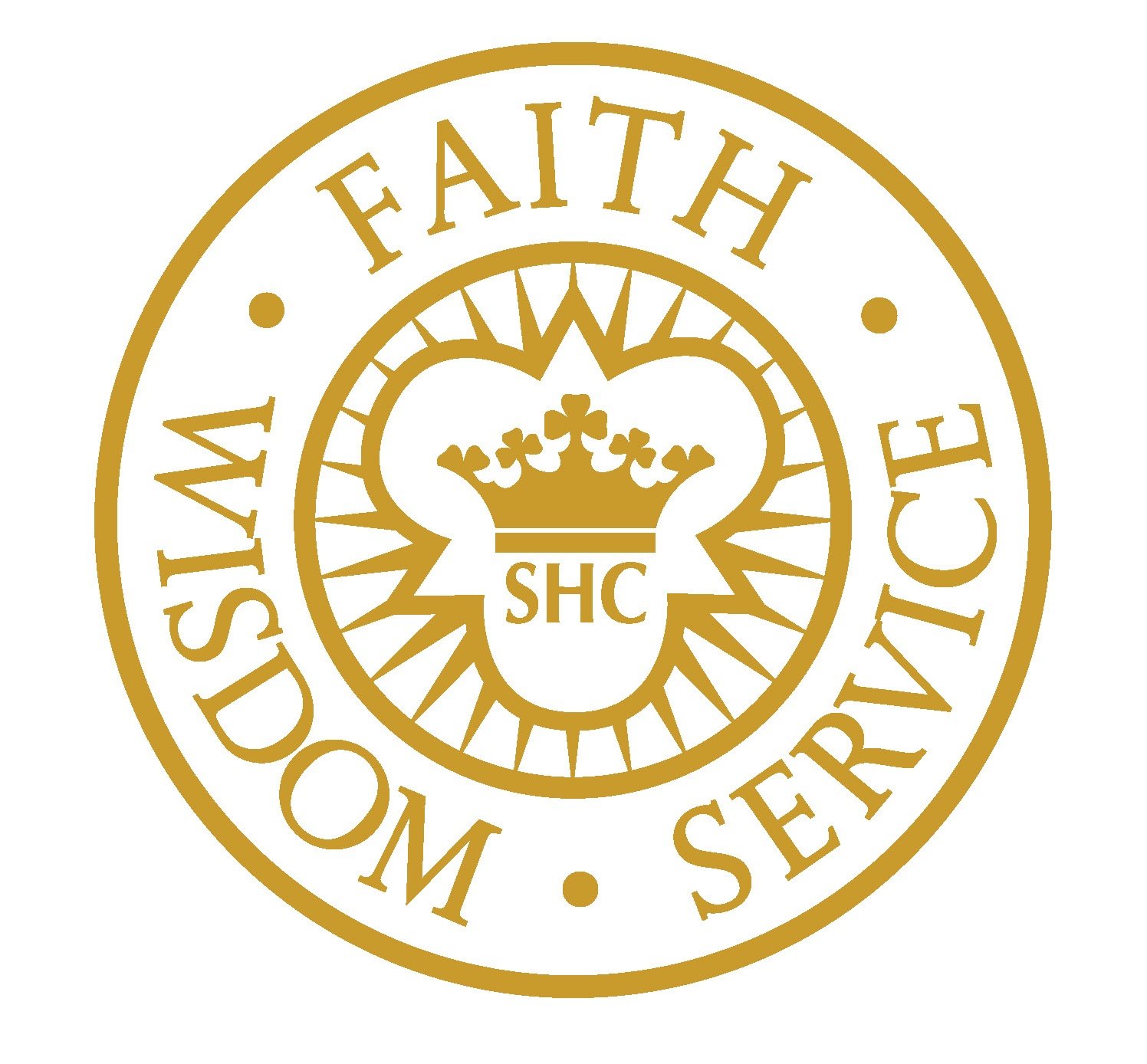With warm weather on the horizon, the popping sound of pickleballs will soon return to our neighborhoods. As an avid fan of pickleball and skills-based learning, I often think about the life skills acquired in pickleball. Combine this with my position as a history teacher, and my mind wanders to the question, can pickleball save democracy? I know it sounds like a stretch but stick with me on this for a bit.
The Pickleball Paradox: Saving Democracy One Serve at a Time
Topics: politiccs, history, growth mindset, diversity, equity, inclusion and justice, social justice, Community
Is Your Teenager Engaged in the Election? They Should Be.
“The right to vote is the right upon which all of our rights are leveraged – and without which none can be protected.” Benjamin Todd Jealous, former President of the National Association for the Advancement of Colored People (NAACP), spoke these words during the NAACP annual convention. Yet, as Americans, we do not tend to follow his advice. Although, we have seen some improvement in voting turnout for national elections, quite the opposite has taken place in state elections in New Jersey.
Topics: politiccs, election, high school, middle school
November’s general election is one of the year’s greatest teachable moments. With candidates Donald Trump and Hillary Clinton, who disagree – loudly – on practically every issue, we would be kidding ourselves if we thought children were not paying attention and discussing the election amongst themselves. But how do we (as teachers and parents) talk to them about the election in a way that can be constructive, educational and age-appropriate? Lower School social studies teachers Leslie Smith and Michael Manna compiled their helpful tips to keep in mind when talking to kids about the election:
Topics: politiccs, election, voting, elementary






